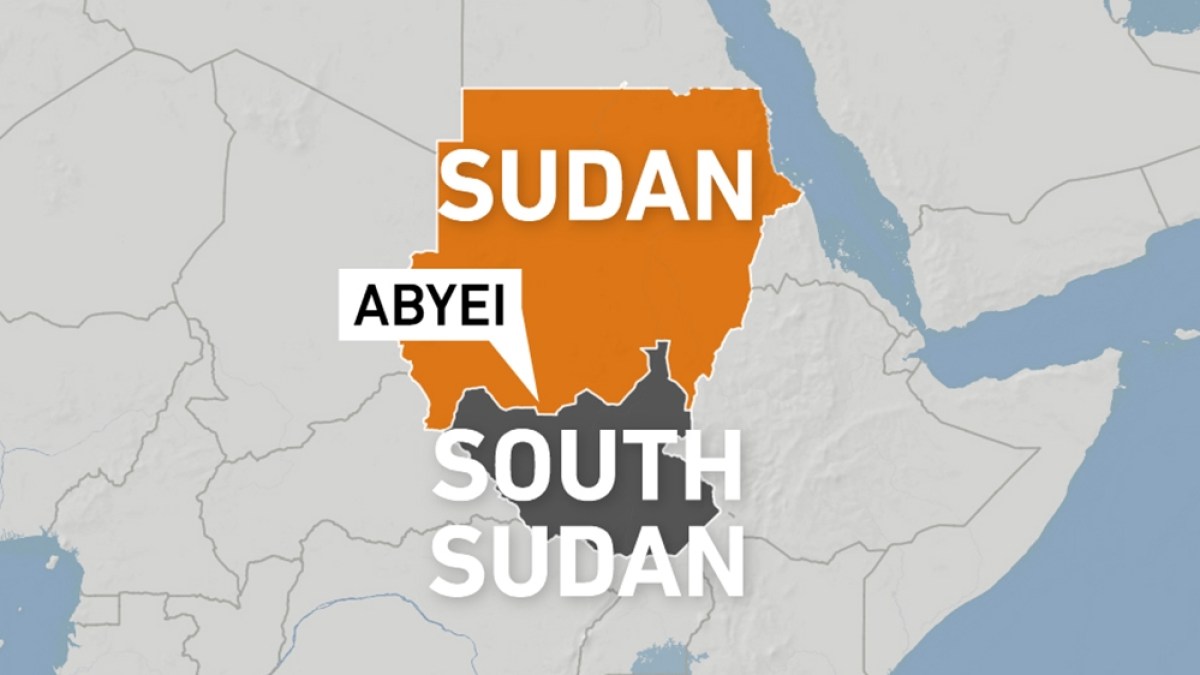Banana Islands, Sierra Leone - As the sun dips below the horizon, Emmanuel Pratt tugs a worn cord and the outboard engine sputters to life. His wooden canoe, painted in white and faded blue, cuts through the darkening waters. Fruit bats screech overhead.
Pratt, 35, is a seasoned sea cucumber diver from the Banana Islands - an archipelago home to about 500 people in Sierra Leone. For 15 years, he has made a living scouring the ocean floor for these creatures that resemble warty, oversized sea slugs. They hide in the silt by day and emerge at night to inch across the ocean floor, gobbling up decomposing matter.
Also on the canoe, 25-year-old Omolade Jones - sweating in a half-zipped-up wetsuit - perches on the edge of the boat and gazes out at the dark water.
After 10 minutes, the younger diver gestures at Pratt to cut the engine and readies himself to dive. Jones blows on his mask, grabs an underwater torch and wraps a breathing hose around his waist.
The seabed surrounding the small, jungle-coated archipelago used to teem with sea cucumbers. Nowadays, they are scarce and scattered. Freediving is no longer an option. Pratt and Jones have to dive deeper, for longer, to find their catch.
They have turned to “hookah diving” - a makeshift system where air is pumped from a diesel-powered generator on the boat down through a plastic hose. It is a risky and fragile lifeline. The engines are often old and the air is easily contaminated by diesel fumes. And experts say it is much more dangerous than scuba or free diving.
As the diesel engine that powers his air supply rattles in the boat, Jones quietly slips over the edge into the black water. The yellow hose trails behind him as he swims away from the canoe. Minutes later, his torch lights up a column of water above the seabed.
Pratt sits in the canoe, a cigarette dangling from his lips, his eyes fixed on the spot where Jones’s light is. “The cucumbers are running out,” he says glumly.
While they used to haul in dozens of buckets of sea cucumbers a night, now they struggle to find a handful. Pratt says the divers rarely make more than $40 on a dive - barely enough to cover the costs of fuel or to hire some of the diving equipment.
Not long after Jones exits the boat, he flashes his torch to signal that he is ready to swim back in. When he reaches the canoe, he hoists himself up on the side with his forearms. In one hand, he holds the torch, in the other, a small, brown sea cucumber.
Pratt takes his turn and disappears into the dark water. He surfaces a while later with a sea cucumber. But the divers are unimpressed. After a couple of hours at sea, they head back to the mooring with a meagre catch of just three specimens.
Overhead, the almost-full moon casts a white sheen over the water and dimly illuminates the way home.

 3 months ago
106
3 months ago
106

















































